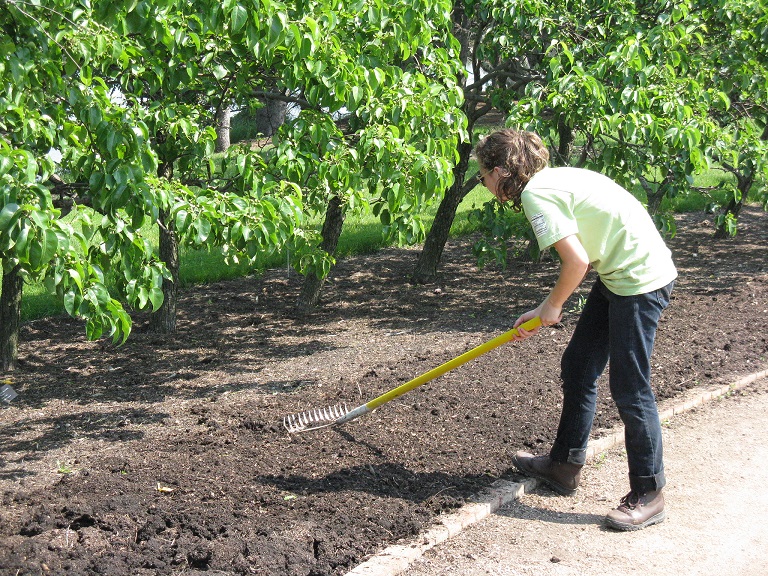The Dirt on Soil
 Soil is the basis of all gardening. Growing healthy plants always starts with good soil for healthy root development. All soils are not created equal. They have different components. Our success depends on making sure we have the right components for proper growth.
Soil is the basis of all gardening. Growing healthy plants always starts with good soil for healthy root development. All soils are not created equal. They have different components. Our success depends on making sure we have the right components for proper growth.
Soil is not dirt. Soil is what we grow plants in. Dirt is what collects on the furniture or under your nails. Soil is simply a mixture of sand, silt, and organic matter, which supports plant growth. In the gardening world, we have taken the term beyond the basics and have engineered various mixes to achieve greater success. This is where we need to get down and dirty to fully understand soils.
Topsoil
Topsoil is the natural layer that forms at the surface. Topsoil in the Kansas City area is mainly clay. Soil has developed over millions of years from rock decomposition, wind and water movement. Heavy clay soil, while nutritious, doesn’t always have the ideal property for growing healthy plants. It can hold excess moisture during rainy periods, or be brick hard during droughts, effecting root development. For practical purposes, topsoil is what you already have in your yard. It works but may not always have the most desirable properties.
Enriched Top Soil

Potting (Soilless) Mix
Potting mix is used in container gardening. The best quality potting soils do not contain soil (dirt). They are called soil because we grow plants in the material. Potting or soilless mix is actually a mixture of peat moss, pine bark and organic materials. They are specially blended to have the right blend of air and water-holding pores to promote proper growth.
Adding topsoil or enriched topsoil to a container creates a dense mix that often lacks proper drainage because of the clay. The formulated particle balance of a soilless blend is ideal when used in small volumes as it provides the best environment for adequate root development.
Unfortunately, these mixes tend to be more expensive than topsoil. Potting soil comes in bags at the garden center right alongside the less costly top or enriched topsoil. Remember your intended purpose when purchasing soil; if you are filling a hole, purchase topsoil. If you are improving your local soil or a bed, purchase enriched topsoil or compost. Select a potting mix when planting a container garden.
Once you know the inside dirt on soil, it puts you on the path to success and helps avoid costly mistakes.
Have questions? The Garden Hotline is staffed by trained EMG volunteers and Extension staff who will assist you with questions.
Phone: (913) 715-7050
Email: garden.help@jocogov.org